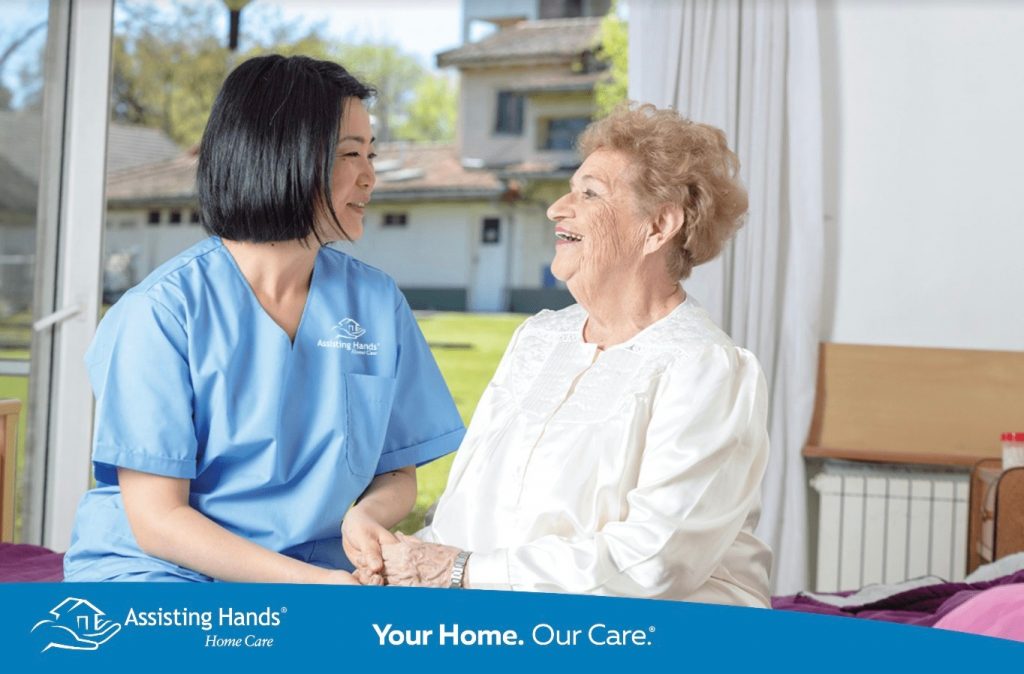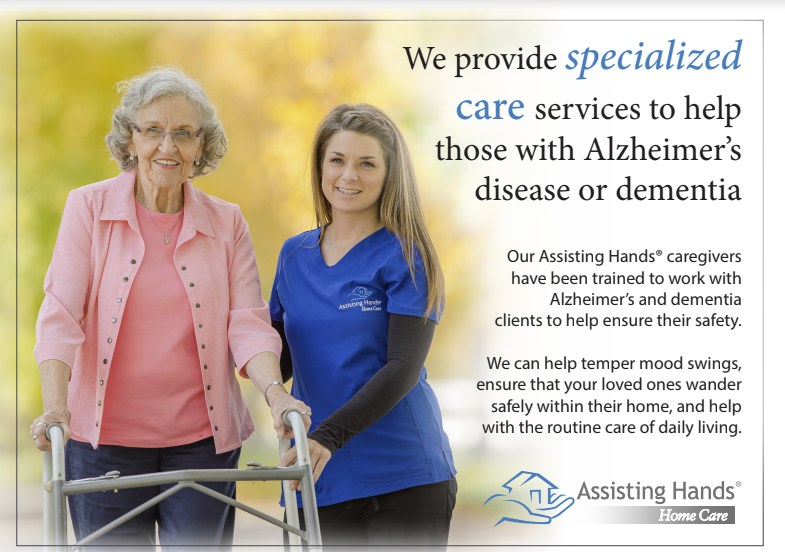

Alzheimer’s disease and dementia are progressive conditions that affect the brain. Individuals diagnosed with the condition begin to show a gradual decline in cognitive abilities. While dementia most commonly affects aging adults, even younger people are not immune to developing it.
Alzheimer’s disease is a form of dementia and affects memory, thinking, and behavior. Dementia is not a disease itself but an umbrella term that describes the loss of memory, problem-solving, thinking and language skills that are severe enough to disrupt an individual’s ability to perform daily activities.
One of the most common forms of dementia, Alzheimer’s disease, makes up about 60 to 80 percent of dementia cases. Alzheimer’s disease and other forms of dementia are not a normal part of the aging process, and the symptoms worsen over time.

Who is most likely to get Alzheimer’s?
Aging is the greatest known risk factor for Alzheimer’s disease. For example, someone who is 70 is more likely to be diagnosed with Alzheimer’s disease than someone who is under 70. Most people who develop the condition are aged 65 and over.
Why are older people most susceptible to Alzheimer’s?
Two proteins in the memory centers of the brain are known to be involved in the development of Alzheimer’s disease: amyloid beta plaques and tau neurofibrillary tangles. Researchers believe the proteins spread more easily in the aging brain, which is why seniors are most susceptible.
Most people develop plaques and tangles as they grow older. However, in people with Alzheimer’s disease, these plaques and tangles develop in greater amounts and in more predictable patterns. They spread from the memory center to other regions of the brain.
Researchers do not fully understand why certain people develop more plaques and tangles than others, nor do they know how they spread. Alzheimer’s disease currently has no cure; however, affected individuals can receive compassionate care at home and experience a good quality of life.
Can Alzheimer’s affect you at any age?
People younger than 65 can develop Alzheimer’s disease. It is known as younger-onset Alzheimer’s or early-onset Alzheimer’s. Individuals in their 30s and 40s can develop the disease. However, only a small percentage of people develop early-onset Alzheimer’s; most are in their 40s and 50s when it strikes.
Disease progression is the same in affected younger people as it is in older adults. Those with early-onset Alzheimer’s may ask the same questions repeatedly, forget important dates, lose track of the day, misplace items, and have trouble keeping up with conversations.
How long can someone live with Alzheimer’s?
After receiving a diagnosis of Alzheimer’s disease, a patient can live 4 to 8 years on average. However, it is not uncommon for some affected people to live up to 20 years after diagnosis. An extended lifespan is dependent on a range of factors, including environmental ones.
In the early stages of Alzheimer’s, symptoms are usually mild. Patients can still function, drive, work, and participate in social activities. However, the individuals may begin to experience memory lapses, such as forgetting familiar words or where they placed everyday objects.
The disease progresses to the middle-stage, which can last for several years. A greater level of care is required, since the senior experiences more severe symptoms. Acting in unexpected ways, becoming agitated, and confusing words are the result of increasing damage to the brain.
In the late-stage of Alzheimer’s, which lasts about 1 to 2 years, the individual is entirely reliant on caregivers. Cognitive skills become severely impaired, personality changes occur, and memory worsens. Around-the-clock intensive care is required and, eventually, hospice care follows.
Is Alzheimer’s hereditary?
An individual who develops Alzheimer’s disease may not necessarily have a family history of the condition. However, people who have a parent or sibling with the disease are at a higher risk than people without a first-degree relative who has been diagnosed with Alzheimer’s.
People with more than one first-degree relative with Alzheimer’s have an even greater risk for developing the condition. Genetic factors play an important role in the development of the disease, but environmental factors are also influential when the disease runs in families.
Risk genes increase the chances of Alzheimer’s—but does guarantee that it will manifest. APOE-e4 is one of many genes linked with the disease. This gene, however, has the strongest impact on risk. Between 40 and 65 percent of people with Alzheimer’s have the APOE-e4 risk gene.
Researchers are still trying to understand the cause of Alzheimer’s disease and find better ways to treat it. Current treatments, such as aducanumab and lecanemab, can temporarily slow the progression of symptoms and help people afflicted with the disease improve their quality of life.
Environmental factors are also important in helping Alzheimer’s patients live comfortably. Dementia care from Assisting Hands Home Care gives seniors diagnosed with the disease extra support in the security and familiarity of home. Our Alzheimer’s care is vital to the well-being of dementia patients.

Our compassionate memory care is beneficial to seniors living with any stage of the disease, whether it is the early stage, middle stage, or late stage. Experienced caregivers fulfill the daily care needs of care recipients, helping them with hygiene tasks, cooking meals, and providing medication reminders.
Home care services are non-medical yet comprehensive. Caregivers provide transportation to the doctor’s office and accompany the care recipient throughout the outing to ensure their safety. Dementia patients should not be left alone at home, and our continual supervision keeps them safe.
Professional memory care providers from our home care agency are trained to identify the symptoms of dementia and respond with compassion. We recognize dementia symptoms, such as agitation and acting out, and calm them down with soothing activities and distractions.
Alzheimer’s disease progresses steadily, and the memory caregivers at Assisting Hands Home Care can help the aging loved one in your life at every stage. We are available to seniors in Sarasota, Florida, and the neighboring areas. Call today at (224) 258-0736 to schedule a free in-home consultation and start quality memory care.
